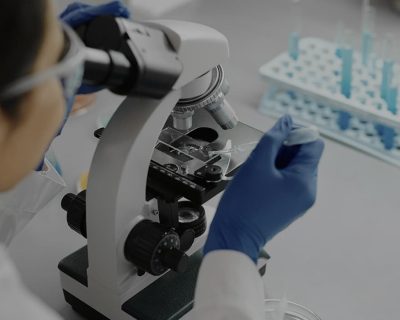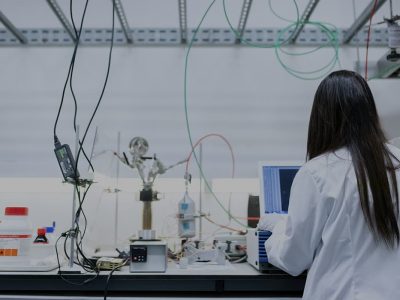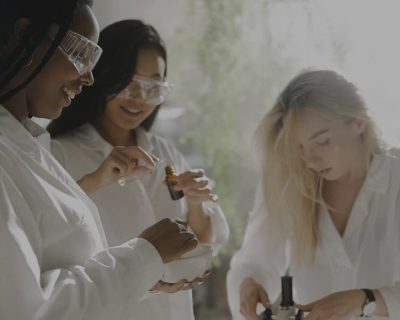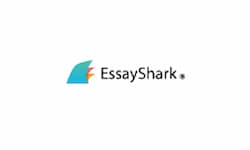Development of research in
Biomedical Science

Studies whose purpose is to evaluate the safety, effectiveness, or utility of an exposure include studies of different types of treatments.

The execution of biomedical research of pharmacological drugs, testing of medical instruments, devices and devices, new invasive (surgical) methods of treatment of patients requires obligatory preliminary determination of their safety for humans by organizing preclinical tests and testing.

Biomedicine is a discipline directly related to the medical field. It is a specialty that is distinguished by one particular aspect: it uses the approach of biology and engineering in analyzing the object of study.






 Easy to use, reliable, private, and secure. It’s no wonder
Easy to use, reliable, private, and secure. It’s no wonder  Find out about the new
Find out about the new  No need to look for the best
No need to look for the best  You should
You should 


 Iskmarket offers an affordable way to
Iskmarket offers an affordable way to 
 Immerse yourself in the excitement of online gaming with an exclusive 50 kr gratis bonus at one of Norway’s premier casinos, accessible through
Immerse yourself in the excitement of online gaming with an exclusive 50 kr gratis bonus at one of Norway’s premier casinos, accessible through  Choose
Choose 
 Aussie gamblers can find an online casino Australia real money
Aussie gamblers can find an online casino Australia real money  During a high-profile extradition case,
During a high-profile extradition case, 
 Are you looking for the best Australian gambling sites? Research by
Are you looking for the best Australian gambling sites? Research by  Here at Forbytes, a
Here at Forbytes, a 